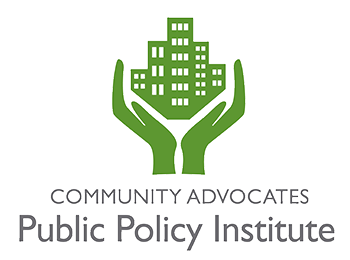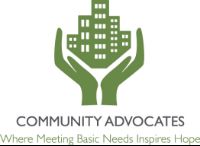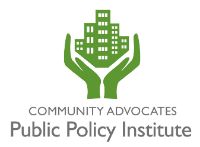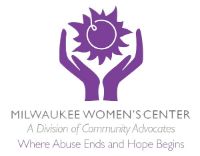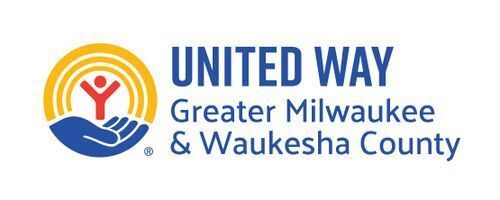PPI’s Prevention Year in Review 2019
“It just makes sense to invest in prevention activities,” says Community Advocates Public Policy Institute Deputy Director Kari Lerch. “Not only does prevention provide a terrific return on investment financially, but it also saves lives, strengthens our communities, and supports families. I’m proud of our prevention team, which has been busy throughout the year to provide unique programs and services to young people and those who love them and work with them. They’re definitely making a difference in our community.”
Connecting with Youth and Families
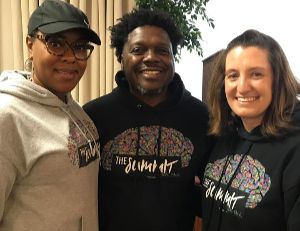
We all know that we need to engage with, listen to, and support young people before they begin using substances so that we can prevent them from misusing them or becoming addicted. Throughout 2019, the Public Policy Institute’s prevention team has sought out opportunities to work with youth and allow them to shine.
In March, the Milwaukee County Substance Abuse Prevention (MCSAP) coalition, coordinated by Kasaundra Brown, held its third annual Youth Summit at Neu-Life Community Development, which was attended by an estimated 100 young people who explored achieving a “natural high” without drugs. Keynote speakers Kwabena Antoine Nixon and Khalil Coleman inspired the youth to dream big and act on those dreams.
Amanda Clark, Coordinator of the 53206 Drug-Free Communities Project, facilitated a mentorship group at Auer Avenue Community School made up of eight students who had high absenteeism and behavioral issues. At the end of the six months, the students increased their grades, attendance, and school involvement, and their suspensions and corrective actions fell.
At the beginning of the summer, Amanda was among the organizers of a Community Day at COA Goldin Center, where she gave out 84-gun locks and 24 medication lock boxes to keep homes safe. Throughout the summer, she worked with serval community partners to create a very successful six-week youth and police dialogue program, REAL-ationships in Moody Park, where topics like drugged driving, healthy relationships, and more were covered. Nineteen youth and young adults graduated from the program.
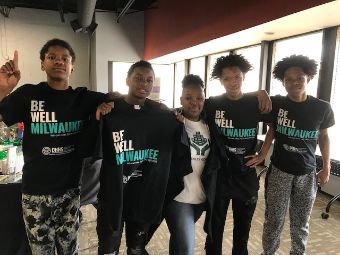
Emphasis on Wellness
PPI and Milwaukee County Behavioral Health Division partnered on a Spring Wellness Fair in May. This free, day-long fair featured demonstrations of yoga, line dancing, martial arts, mindfulness, and creativity, as well as resources, lunch, and raffles. We intended to raise awareness of the positive activities anyone can do to relieve stress, stretch their boundaries, and reach their full potential instead of turning to substances. Look for more wellness activities in 2020.
Smoke-Free Outdoor Spaces in the Spotlight
The City of Milwaukee Tobacco-Free Alliance, coordinated by Anneke Mohr, has been busy building partnerships to raise awareness of the environmental impact of cigarettes and e-cigarettes and expand the number of smoke-free outdoor spaces. In August, they partnered with Mexican Fiesta, attended by 85,000 people held at the Summerfest grounds each year, to make all eight stages smoke-free. They also launched the Hold On To Your Butt MKE campaign, which included six bus shelter ads, beach cleanups, and installation of cigarette butt receptacles at local beaches, business districts, and community partner agencies. The campaign encourages smokers to dispose of their butts and tobacco-related trash responsibly so that the litter doesn’t harm kids, wildlife, and plant life.
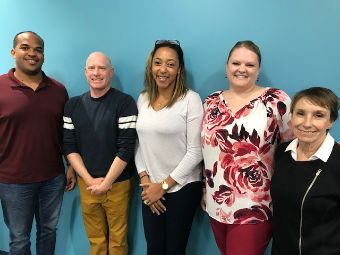
Talking about Problematic Drinking
Two of PPI’s prevention coalitions—the Southeast Region of the Alliance for Wisconsin Youth and MCSAP—brought two prevention experts to Milwaukee in October to provide a new perspective on problematic drinking. Rodney Wambeam of the University of Wyoming explained the role of alcohol in our culture, from the colonial days to today’s “wine moms” and “day drinking.” Julia Sherman of the Wisconsin Alcohol Policy Project explored what local advocates and policymakers can do to prevent and reduce problematic drinking in local communities. If you missed their presentations, you can watch them on PPI’s YouTube channel.
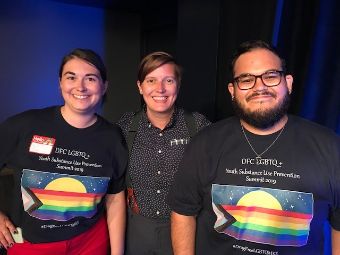
Reaching Out to LGBTQ+ Youth
In August, the City of Milwaukee Tobacco-Free Alliance, the 53206 Drug-Free Communities Project, Safe & Sound’s 27th Street West Drug Free Communities Project, and the Milwaukee Rep created an LGBTQ+ Youth Substance Use Prevention Summit at the Stackner Cabaret, a totally unique gathering in Milwaukee. The event brought together young LGBTQ+ individuals (ages 12-24) and their allies for a panel discussion, resource fair, video presentations, dinner, and a drag performance, all intended to provide a positive, safe environment for candid discussions, a sense of support, and good company.
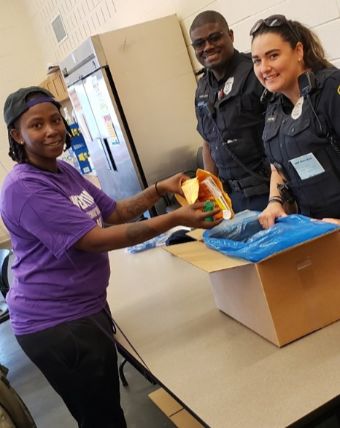
Taking Back Medication
Perhaps the best way to prevent medication from getting into the wrong hands is making medication totally inaccessible to everyone but the person who has been prescribed it. That’s why PPI has long supported 24/7 drug drop-off boxes, drug take-back events, and medication lockboxes in the home.
New this year was the launch of the first-ever drug take-back event in the Amani neighborhood, sponsored by MCSAP, the 53206 Drug-Free Communities Project, Children’s Wisconsin, COA Youth & Families Centers, and Safe & Sound. Held at Moody Park to observe International Overdose Awareness Day on August 31, much of the returned medication was dropped off by young people, who also enjoyed activities, lunch, and resources, including a clothing bank.
MCSAP also partnered with Children’s Community Health Plan for take-back events in June. In addition, MCSAP partner Take Back My Meds MKE was able to add seven new drop boxes at CVS locations in Milwaukee County, as well as a new drop box at the entrance of Aurora St. Luke’s Medical Center.
Sports Fans Get a Dose of Reality
MCSAP provided Dose of Reality materials and had prevention-related conversations at sporting events throughout the region. At the top of 2019, coalition members provided outreach materials at select Marquette University men’s basketball games at Fiserv Forum. In the autumn, MCSAP partnered with My24 and CW to provide prevention materials at seven Thursday Night Lights high school football games. MCSAP representatives were interviewed to share information about how viewers and fans can prevent substance abuse and addiction.
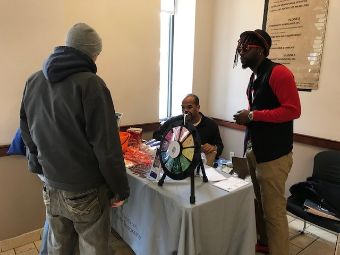
PPI Goes Red
Red is the color of substance abuse awareness, and PPI got involved in a number of events related to the red theme. In January, the 53206 Drug-Free Communities Project partnered with Milwaukee County Behavioral Health Division, COA Goldin Center, and Pathfinders during Light & Unite Red Week for two events highlighting prevention for youth and families. During Red Ribbon Week in October, MCSAP held a mini-resource fair in Community Advocates’ downtown offices and supported youth-serving agencies who got into the Red Ribbon spirit with decorating contests, youth pledges, and knowledge building.
Training to Reduce Drug Use
PPI’s Partnerships for Success grant, coordinated by John Eshun, supported two opportunities for Drug Impairment Training for Education Professionals this year, which allowed 43 community partners to attend the two-day course. This training explored how to better recognize youth and adult drug use and better address drug use when identified. The course is taught by law enforcement and is approved by the International Association of Chiefs of Police.
MCSAP also partnered with the Wisconsin Medical Society to offer Prescriber Education Training to Milwaukee County doctors and other health professionals. Through this partnership we were able to train 26 participants in person and 40 online participants in Alternatives to Opioid Prescribing practices. This effort to help reduce number of prescription drugs being prescribed will help save lives and limit the number of prescription drugs available in Milwaukee County.
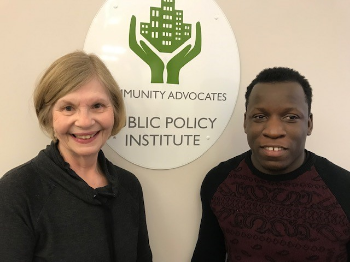
Promoting Quality Programming
Jan Buchler, PPI’s Contract Monitor, works closely with our partners engaged in the Milwaukee Brighter Futures Initiative and Stay Strong Milwaukee. We’ve organized them into the Substance Abuse Prevention Grantee Collaborative to focus their efforts on preventing substance use among youth. In 2018, Jan conducted 57 site visits with 12 partner organizations, all of whom are using trauma-responsive (healing-centered) approaches within 11 evidence-based program models. She also led two trainings on Botvin LifeSkills to agency partners, and helped with the statewide November 4 webinar, “Trauma and Culture,” which was hosted at the Community Advocates Training Center and sponsored by the Wisconsin Department of Health Services.
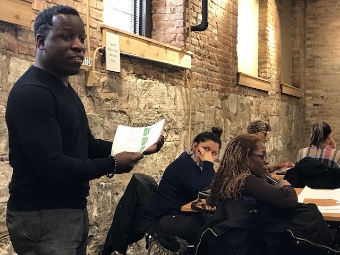
Community-Based Trainings Take Off
Jeremy Triblett, PPI’s Training and Technical Assistance Coordinator, has kept up a busy schedule of community-based trainings throughout the county. With the support of a ReCAST MKE grant from the City of Milwaukee Office of Violence Prevention, Jeremy conducted 27 trainings in the community, representing 125 hours of training, with 363 attendees, at sites including Diverse and Resilient, Ephesians Missionary Baptist Church, the Timbers Building, United Way of Greater Milwaukee & Waukesha County Volunteer Center, UW-Milwaukee Zilber School of Public Health, Sojourner Family Peace Center, Pathfinders, and the Milwaukee Christian Center.
In addition, Jeremy held trainings at Greendale Fire and Police Department, Blue Cross Blue Shield, and the Greendale Library. To welcome students back to school, Jeremy did a substance abuse prevention keynote at West Allis West Milwaukee schools in front of more than 4,000 middle and high school students. And, with PPI’s John Eshun, Jeremy co-facilitated Prevention 101 for the Wisconsin Summit on Opioid and Meth in October.
Jeremy has also taken the lead on organizing our Substance Abuse Prevention Grantees Collaborative and presenting trainings to individual partners. He also provided four-hour trainings to partners in the Northeast and Southern Regions of Alliance for Wisconsin Youth.
Protecting Kids from Abuse
PPI coordinates the work of the public policy committee of the Milwaukee Child Abuse Prevention Services Coalition (MCAPS), which brings together service providers, educators, health care professionals, and representatives of government programs to work on ways to support families and ensure that children are receiving great care. In 2019, MCAPS brought in experts on drug-endangered children and recently had a candid, fruitful conversation with Dr. Shandowlyon Hendricks-Williams, the director of Gov. Tony Evers’ Milwaukee office.
c. 2019 Community Advocates Public Policy Institute
